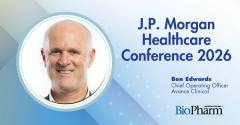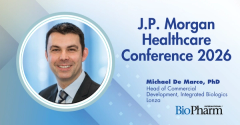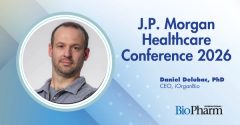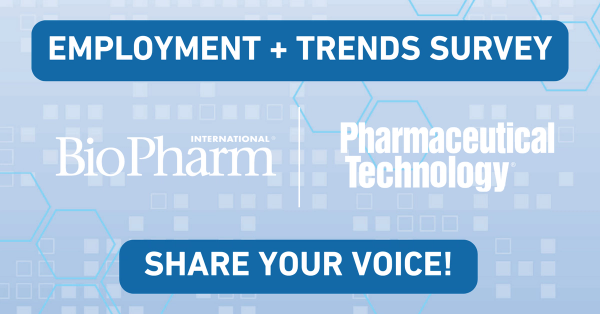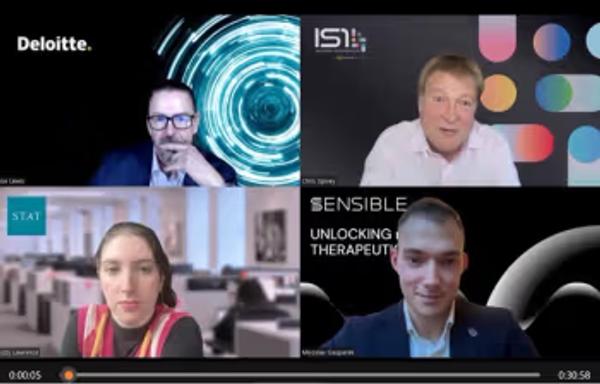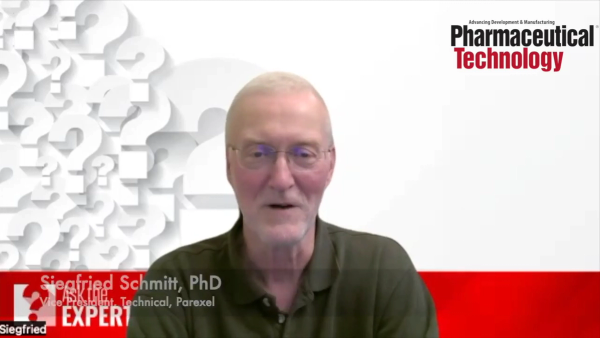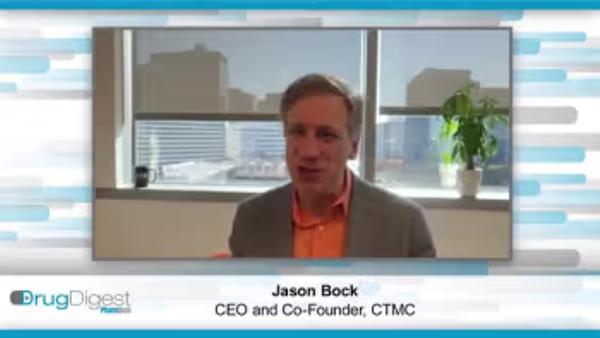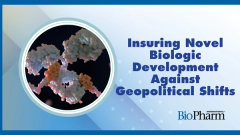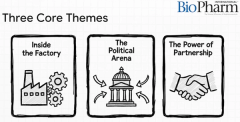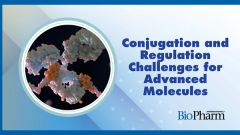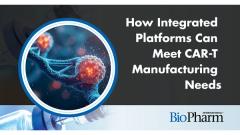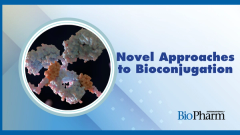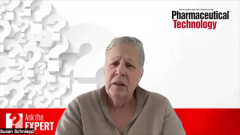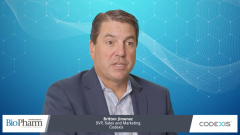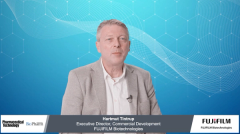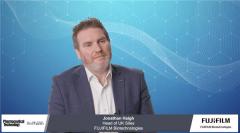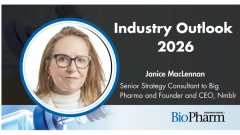
Conference Coverage
3 months ago
E&L Challenges in Biologics, Part Two3 months ago
E&L Challenges in Biologics, Part OneLatest
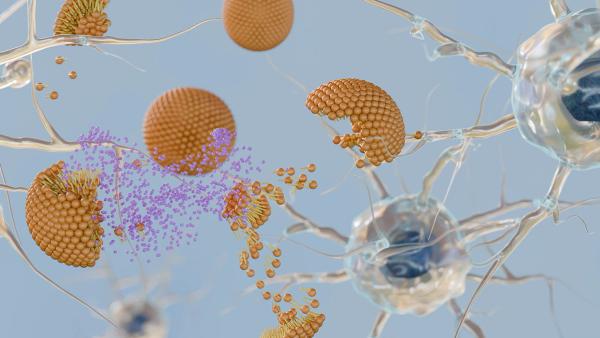
FDA Clears PharmaResearch IND for Nano-Based Cancer Drug PRD-101

First-in-Human Study Validates Safety of Next-Generation mRNA–LNP Platform

How CDMO Alliances Can Provide End-to-End Service that Reduces Drug Development Time and Costs

High-Dose Nusinersen Slows Neurodegeneration in SMA Patients, Study Shows
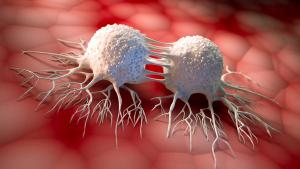
Eisai Secures Exclusive Japan Commercial Rights to Henlius’ Anti-PD-1 Serplulimab

Shorts
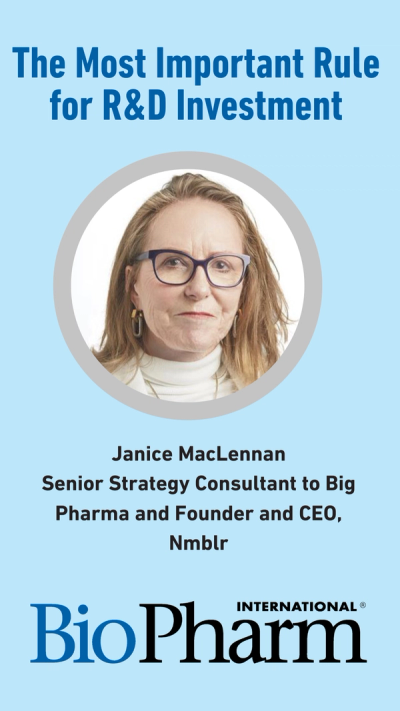
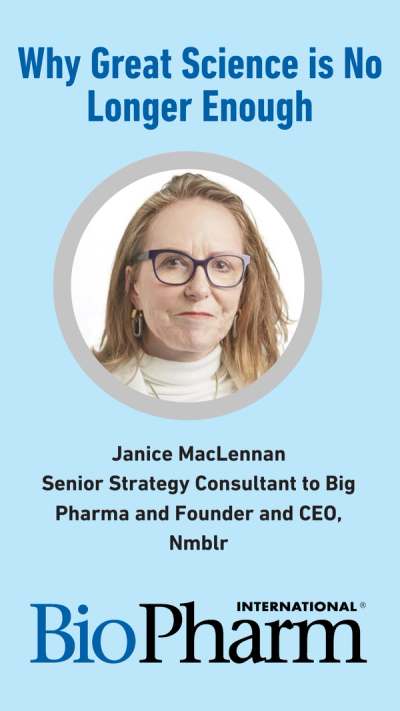
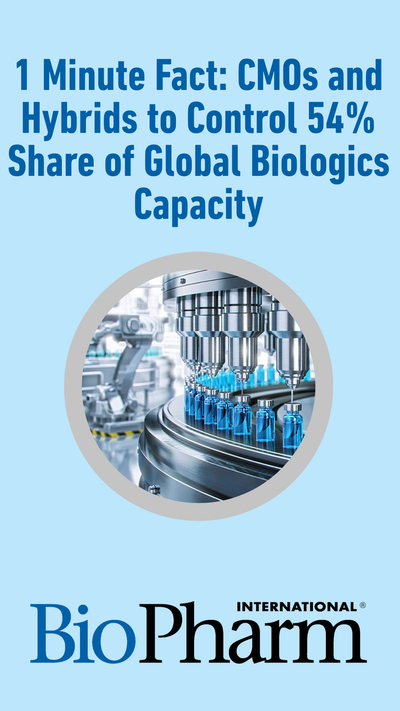
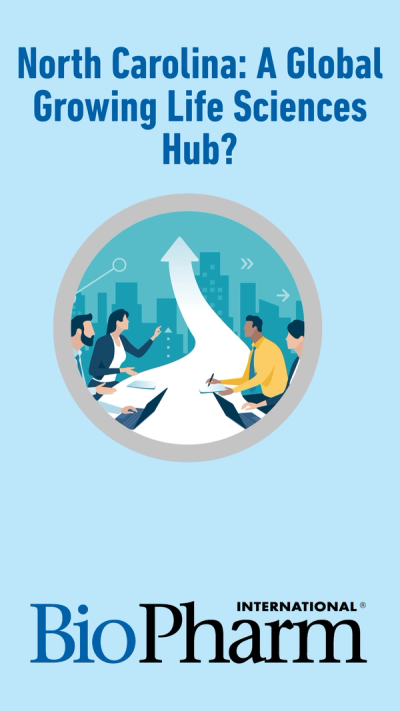
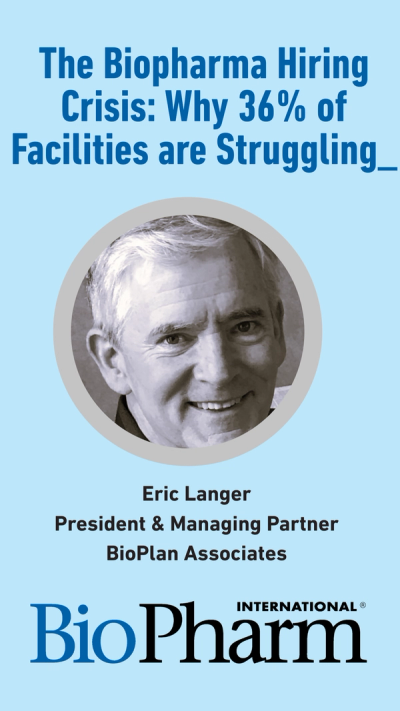
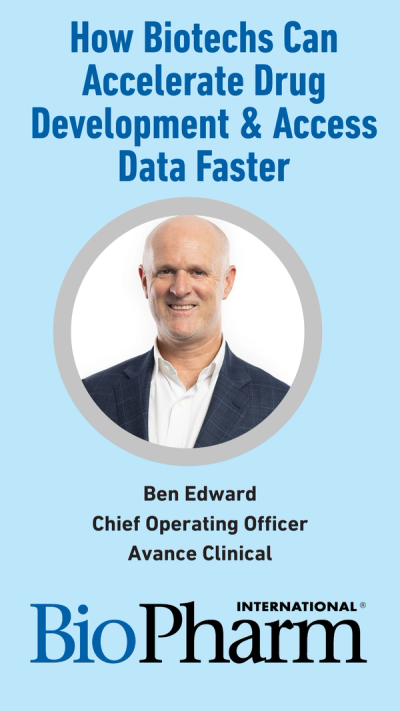
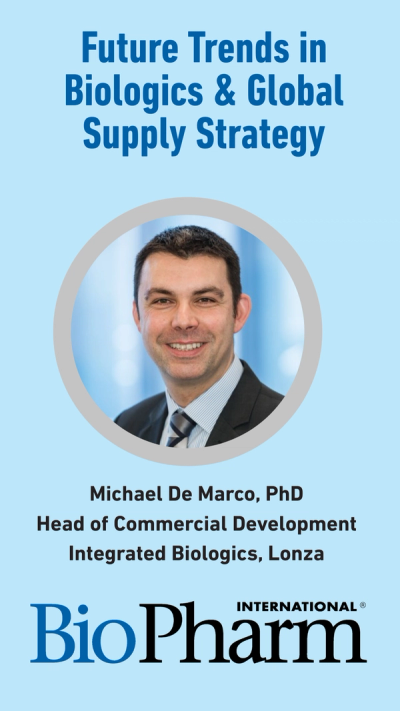
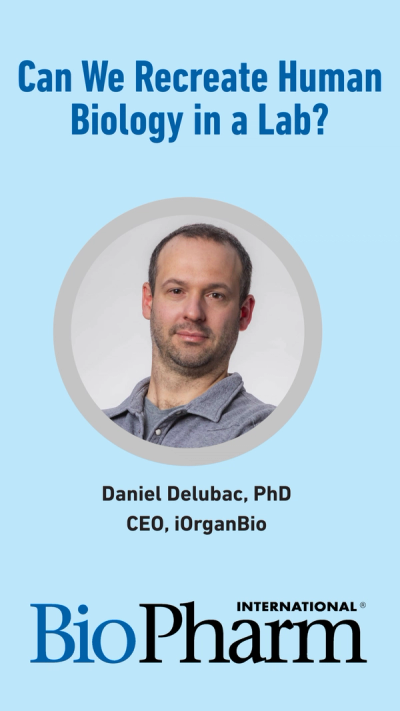
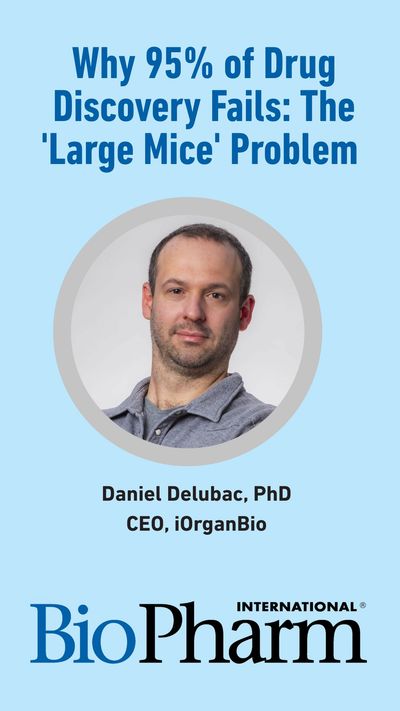
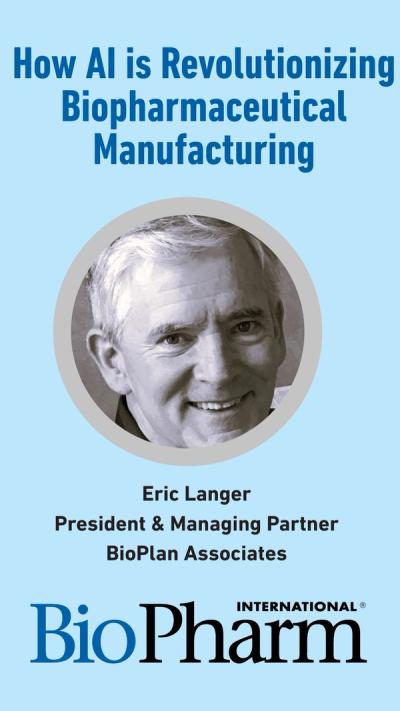
Videos
All News
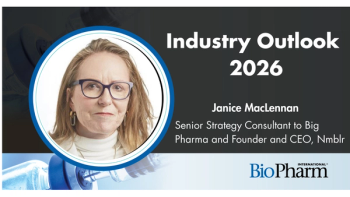
AI, biomarkers, and novel oncology modalities are driving evolution in biopharma pipelines, according to Nmblr CEO Janice MacLennan.

A new Cellares–Stanford collaboration aims to demonstrate how automated platforms could standardize gene-edited stem cell manufacturing and accelerate clinical translation.

FDA’s acceptance of Affinia Therapeutics’ IND positions the company to test lower-dose, heart-targeted AAV gene therapy for BAG3 cardiomyopathy.
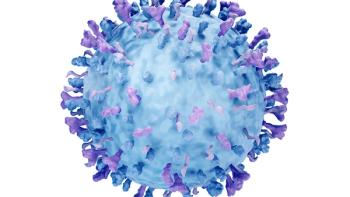
The SK bioscience–Gates MRI agreement highlights how scalable mAbs could broaden infant RSV prevention beyond high-income markets.

Industry experts discuss the standout packaging trends from 2025 that will influence the industry’s future.

The VESPER-3 trial results show that extended-interval GLP-1 dosing may expand obesity care by balancing sustained weight loss with reduced injection burden.

Janice MacLennan, CEO of Nmblr, notes how AI is transforming biopharma R&D and market access, forcing teams to prove value beyond science and redesign work around human strengths.

AdvanCell and 48Hour Discovery align peptide discovery with a Lead-212 infrastructure to build a durable targeted alpha therapy pipeline aimed at oncology markets.

This new licensing deal with SanegeneBio signals growing confidence in RNAi technologies.
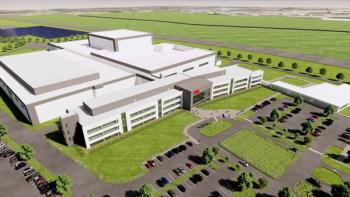
The facility builds on Eli Lilly's $50 Billion investment strategy to strengthen the company's domestic manufacturing capabilities.
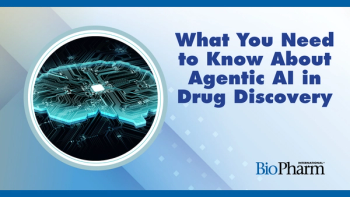
Agentic AI enables closed-loop, autonomous drug discovery workflows that accelerate biopharma R&D, improve efficiency, and reshape innovation.

Such targeted private investments underscore the growing importance of early manufacturing scale-up in de-risking immunomodulatory biologics for neurodegenerative diseases.

The company’s major long-term capital commitment highlights how global drugmakers are anchoring future innovation, advanced modalities, and supply resilience within China’s life sciences ecosystem.

The guidance provides clarity to drug manufacturers on offering lower drug prices directly to patients, including patients on Medicare and Medicaid.
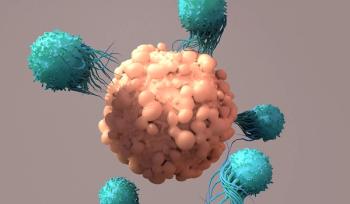
Cellares’ $257M Series D signals growing industry urgency to industrialize cell therapy manufacturing through automation and scalable production models.



